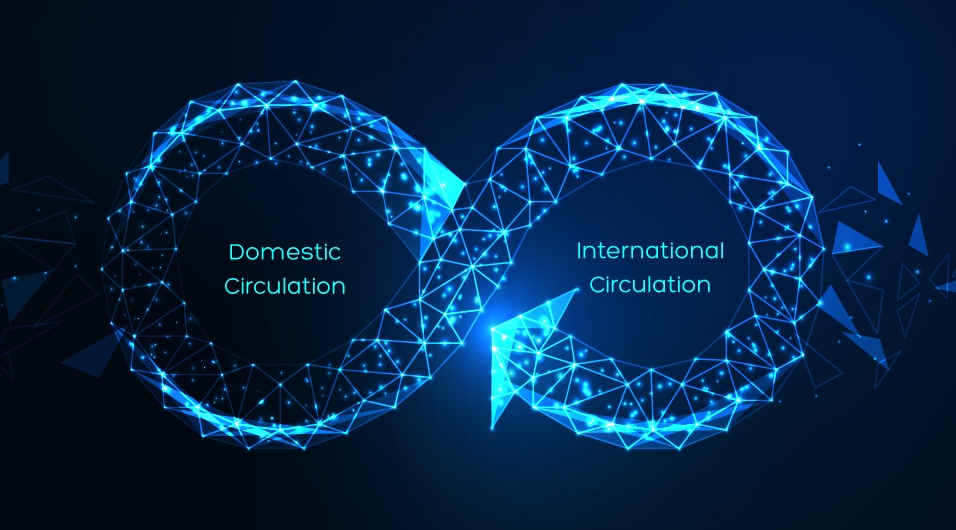Christopher A. McNally, Professor of Political Economy, Chaminade University
Aug 11, 2021
There is a global shift towards a new economic philosophy, which both Washington and Beijing are grappling with. Open understanding of both economies could help the two countries establish the foundation for cooperation.
Joel A. Gallo, CEO, Columbia China League Business Advisory Co.
Cameron Johnson, A Partner at Tidwalwave Solutions
Apr 08, 2021
China’s position in the global markets as a source of cheap labor has evolved into a dynamic new phase, that requires new solutions to bridge China’s past with its promising future.

Zhou Xiaoming, Former Deputy Permanent Representative of China’s Mission to the UN Office in Geneva
Nov 19, 2020
By keeping the CIIE open as other expos closed their doors in the face of the pandemic, China demonstrated its commitment to an open economy and its desire to share the country’s huge domestic market.

Zhang Monan, Deputy Director of Institute of American and European Studies, CCIEE
Oct 27, 2020
China is not signaling that it favors decoupling. The world is simply returning to the era of economic sovereignty. China must act adroitly as the world’s largest supplier goods and its biggest marketplace.

Wang Yuzhu, Research Fellow, Institute for World Economy Studies, SIIS
Oct 27, 2020
A new interpretation of China’s reform and opening-up is designed to more effectively coordinate the country’s economy with the rest of the world. The key to institutionalizing China’s domestic market is attracting more international investment.
Andrew Sheng, Distinguished Fellow at the Asia Global Institute at the University of Hong Kong
Xiao Geng, Director of Institute of Policy and Practice at Shenzhen Finance Institute, Chinese University of Hong Kong
Oct 09, 2020
China’s leaders are currently putting the finishing touches on the country’s 14th Five-Year Plan, which will cover the 2021-25 period. But one aspect of the plan – the so-called dual-circulation strategy – is already attracting the world’s attention. Many fear that China is “turning inward” just when the global economy is staring down the barrel of a recession. These fears are misplaced.

Zheng Yongnian, Professor of East Asian Institute, National University of Singapore
Jul 09, 2020
Since joining the WTO in 2001, China’s role in the world has been under intense scrutiny. As China continues its unique path of development, it must strike compromises with the international community just as the international community must compromise with China.
Kevin Rudd, Former Prime Minister of Australia
Daniel Rosen, Founding Partner of Rhodium Group
Jul 02, 2020
Back in 2013, the Chinese government laid out a policy agenda that promised real reforms to an economy laden with debt and distorted by the influence of the country’s large state-owned enterprise (SOE) sector. But instead of seeing that agenda through, China chose to dodge the risks entailed by marketization, and has since reverted to what it knows best: state control over the economy and the semblance of stability that comes with it.
Huang Yiping, PKU Boya Distinguished Professor and Former Member of the Monetary Policy Committee, People’s Bank of China
Feb 18, 2020
China’s economy is growing at is lowest rate in over 30 years, but if the country’s nearly 40 million small and medium-size enterprises (SMEs) could overcome a lack of access to funding, they could become a powerful engine of economic dynamism. Can digital innovators close the SME financing gap?

Xu Hongcai, Deputy Director, Economic Policy Commission
Jan 17, 2020
A resilient China has held up well against external stresses, and the economy continues to perform well. Rural and surburban areas have the greatest potential for economic growth.